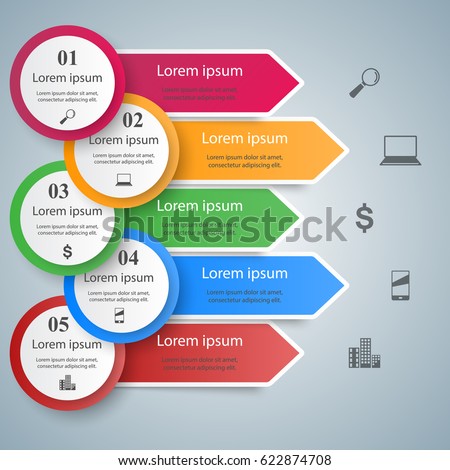Recognizing The Fundamentals: What Is A Payment Bond And Exactly How Does It Work?
Recognizing The Fundamentals: What Is A Payment Bond And Exactly How Does It Work?
Blog Article
Written By-
When https://www.cpapracticeadvisor.com/2018/02/27/nevada-to-regulate-tax-preparers-require-bonds/29073/ involves building tasks, recognizing the ins and outs of repayment bonds is crucial. Have you ever wondered just how these monetary safeguards come into play, ensuring that subcontractors and suppliers get their due? The devices behind settlement bonds are elaborate yet vital for the smooth functioning of the building industry. Let's unravel the intricacies with each other to shed light on this essential element of project financing.
Function of Repayment Bonds
If you want to recognize the value of repayment bonds, you need to initially realize their primary function in building projects. Settlement bonds function as a critical security system for subcontractors and providers. In insurance and bonding for contractors of building, these events frequently encounter payment problems because of various reasons, such as professional insolvency or financial instability. Settlement bonds work as a guarantee that subcontractors and providers will certainly receive settlement for their work and materials, even if the service provider defaults.
By requiring repayment bonds on projects, job owners ensure that all parties involved in the building procedure are monetarily secure. This requirement provides satisfaction to subcontractors and suppliers, urging them to participate in tasks without the anxiety of non-payment. Additionally, repayment bonds aid preserve a smooth flow of deal with the building site by decreasing disturbances brought on by repayment disagreements.
Understanding the purpose of repayment bonds is critical for all stakeholders in building tasks. It ensures fair settlement for subcontractors and distributors, advertises project stability, and enhances general task performance.
Just How Settlement Bonds Are Gotten
To acquire payment bonds for construction jobs, service providers generally come close to guaranty firms that specialize in supplying these financial guarantees. Surety business evaluate the professional's financial stability, credit reliability, and job background prior to providing a repayment bond. The specialist should complete an application process that consists of sending economic papers and project information for evaluation.
When the guaranty company approves the application, the service provider pays a premium for the bond based upon the job's total value and the service provider's threat account. what are bid bonds as an economic assurance that subcontractors and distributors will be spent for their work and materials. It additionally gives peace of mind to job proprietors that the specialist has the financial backing to finish the job effectively.
Mechanics of Payment Bonds
Recognizing the technicians of repayment bonds is vital for browsing the complexities of building and construction task financing. Payment bonds are a three-party contract amongst the project proprietor, the service provider, and the surety business. As soon as a professional is awarded a job, they typically acquire a payment bond to guarantee that subcontractors, laborers, and vendors are paid for their job and materials. In case the specialist fails to meet repayment responsibilities, the repayment bond is in area to give a resource of funds for these parties.
When a subcontractor or supplier goes unpaid, they can make an insurance claim against the repayment bond. The process involves submitting a written notification to the guaranty business detailing the quantity owed and providing any necessary documentation. The guaranty then explores the case to identify its legitimacy. If the insurance claim is approved, the surety will make payment to the complaintant, as much as the bond quantity.
Comprehending these mechanics is necessary for all events associated with a construction job to guarantee proper settlement practices and economic defense.
Conclusion
Since you recognize the basics of payment bonds, think about them as a safeguard for building projects.
Like bond collateral on a rainy day, payment bonds protect subcontractors and suppliers from financial downpours caused by specialist defaults.
So next time you're involved in a construction task, remember that a payment bond is there to keep everyone dry and guarantee smooth sailing in the payment process.
